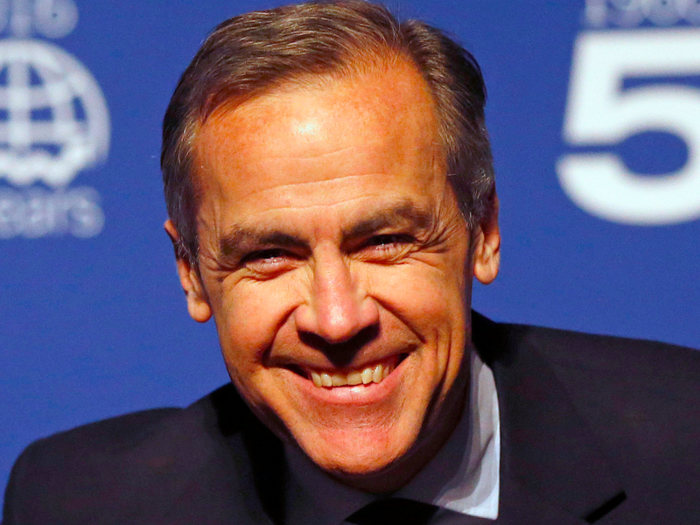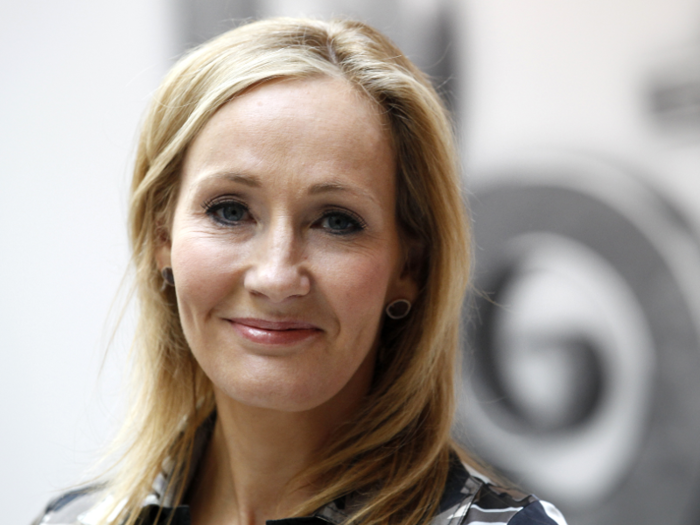RANKED: the Masters subjects that give the biggest pay boost
17. Humanities — 2% increase

16. Economics — 4% increase

Bachelors average pay: £67,000 ($97,000)
Masters average pay: £70,000 ($101,000)
For a tough subject, economics masters don't see much of a pay bump, although bachelor salaries are already very high. For the real money, students should go one further and do a PhD: average wages from that rise to £79,000.
15. Fine Arts & Design — 6% increase

Bachelors average pay: £31,000 ($45,000)
Masters average pay: £33,000 ($48,000)
Arts and design are hugely competitive professional worlds, and sadly the average pay isn't high even you take the plunge and do a masters. The subjects are best pursued beyond the undergrad level only if you have a passion for them.
14. Modern Language — 7% increase

Bachelors average pay: £41,000 ($59,000)
Masters average pay: £44,000 ($64,000)
Being multi-lingual is a major draw to certain employers. That said, a masters in modern languages only sees a slight bump in average pay, suggesting it's better to get out after a bachelors and use you skills in the real world.
13. Engineering — 11% increase

Bachelors average pay: £44,000 ($64,000)
Masters average pay: £49,000 ($71,000)
Engineering is a complex subject, and masters students see a nice bump in average pay accordingly. If they're willing go the full distance and do a PhD, earnings skyrocket to an average of £61,000.
12. Media, Marketing & Communication — 11% increase

Bachelors average pay: £36,000 ($52,000)
Masters average pay: £40,000 ($58,000)
The world of media, marketing and comms is a hard environment to stand out in, which is reflected in the relatively low average pay. The masters pay bump wouldn't cover the costs, so students may find it best to get into the real world sooner than later.
11. Chemistry and Natural Sciences — 12% increase

Bachelors average pay: £41,000 ($59,000)
Masters average pay: £46,000 ($66,000)
Chemistry graduates may not earn as much money as some people expect, but masters students see a nice pay bump. Surprisingly, PhD students don't — so best to get into the real labs after the masters if you're concerned about money.
10. Architecture — 13% increase

Bachelors average pay: £37,000 ($53,000)
Masters average pay: £42,000 ($61,000)
Architecture is a tough profession that demands practicality and creativity, so masters students see a nice bump for going further. Top architects in the UK can earn over £80,000.
9. Purchasing & Supply Chain — 14% increase

Bachelors average pay: £36,000 ($52,000)
Masters average pay: £41,000 ($59,000)
Some people may have never even heard of this subject, but it's an important part of business that also examines impacts of regulation and technology. As with any in-depth subject, masters students willing to go further see a decent pay boost.
8. English Literature — 17% increase

Bachelors average pay: £35,000 ($51,000)
Masters average pay: £41,000 ($59,000)
Literature masters students see a big pay jump over their Bachelor peers thanks to increased analytical skills and more original research, but it's worth noting that the base level of average pay is still lower than most of the other subjects on this list.
7. Computer Sciences — 21% increase

Bachelors average pay: £42,000 ($61,000)
Masters average pay: £51,000 ($74,000)
Computer Sciences, which can involve the creation of automotive systems and even robots, demands an incredibly sharp brain, and a lot of education. Anyone taking the subject should go all the way: PhD students earn £61,000 on average.
6. Management & Strategy — 24% increase

Bachelors average pay: £42,000 ($61,000)
Masters average pay: £52,000 ($75,000)
Good management isn't necessarily innate — it can be learned. Management and strategy masters grads see a huge pay bump that's well worth the cost, while PhD grads earn an even bigger £65,000.
5. Mathematics & Statistics — 25% increase

Bachelors average pay: £60,000 ($87,000)
Masters average pay: £75,000 ($108,000)
Mathematics isn't a subject for the faint-hearted, but those who do a Bachelors should invest in a masters — especially as PhD students earn an astonishing average of £112,000, which is the highest figure for any graduate class on the list.
4. Law — 28% increase

Bachelors average pay: £47,000 ($68,000)
Masters average pay: £60,000 ($87,000)
Good lawyers are always in the demand all over the world. For anyone serious about the profession, a masters should be at least the level to aim for, but those who do a PhD as well go on to earn a very nice average of £86,000.
3. Physics, Life Sciences and Healthcare — 28% increase

Bachelors average pay: £36,000 ($52,000)
Masters average pay: £46,000 ($66,000)
The pay bump in physics or healthcare makes doing a masters practically essential. Like chemistry, a PhD in physics may be unnecessary unless you really love the subject: that only takes the average salary to £50,000.
2. Education — 34% increase

Bachelors average pay: £29,000 ($42,000)
Masters average pay: £39,000 ($56,000)
The base pay for teachers may not be huge, but masters graduates in education enjoy the second biggest pay boost on the list. The course isn't just about teaching, but the study of education all over the world, and how it can be improved.
1. Philosophy — 45% increase

Bachelors average pay: £42,000 ($61,000)
Masters average pay: £61,000 ($80,000)
Philosophy may seem an abstract subject, but students can make serious money: particularly if they do a masters, which gives them the biggest pay increase on the list. While many graduates won't become actual philosophers, the knowledge lends itself to many well-paying professions thanks to its focus logic, analysis and problem-solving.
Popular Right Now
Popular Keywords
Advertisement